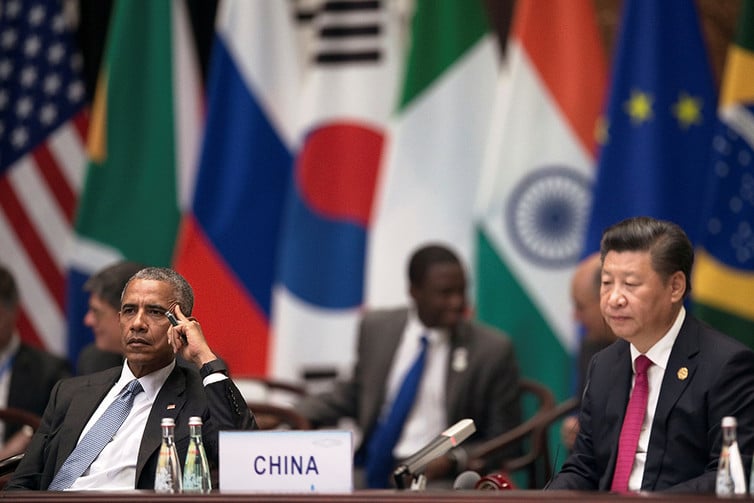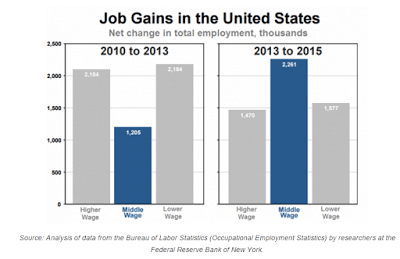Is the IMF International Enough?
The global financial crisis raised critical questions about how international policy frameworks monitor, regulate and manage global liquidity. Liquidity is a public good and the international financial system is immediately affected by its excessive volatility. The G20 has been struggling for some time to come up with answers.
They have focused on an important array of banking and financial reforms but have stopped well short of addressing the fundamental problem of calibrating global liquidity to meet the needs of the global economy.





